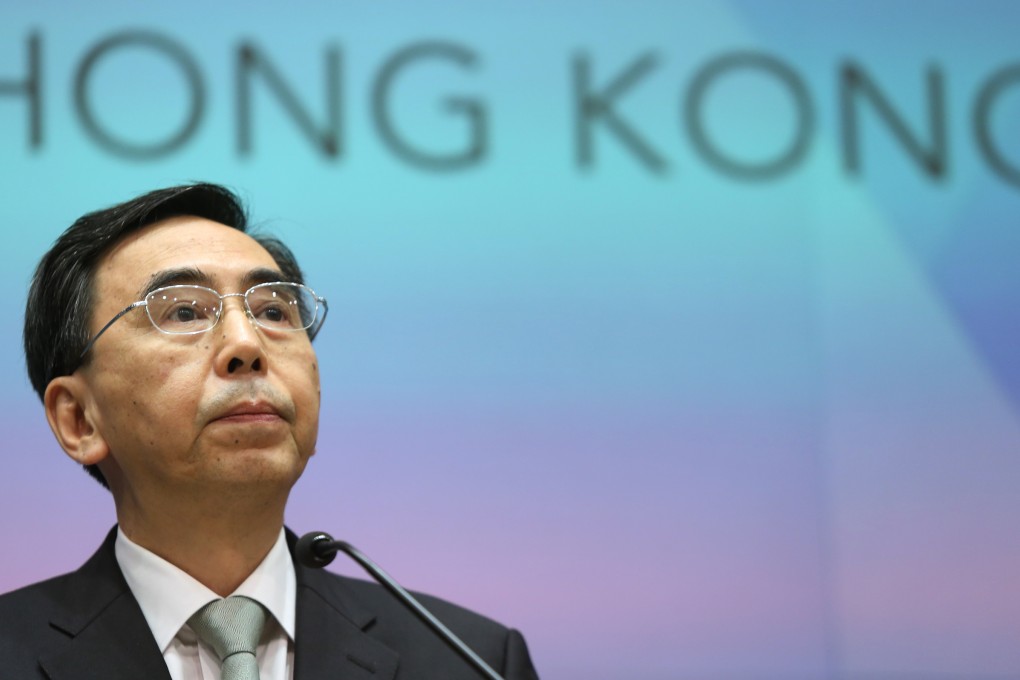Guangdong boss Zhu Xiaodan expects 8.5pc growth, vows free-trade zone push
Guangdong has set an economic growth target of 8.5 per cent for 2014 and said it would press ahead with economic co-operation with neighbouring provinces and other governments outside the Pearl River Delta.

Guangdong has set an economic growth target of 8.5 per cent for 2014 and said it would press ahead with economic co-operation with neighbouring provinces and other governments outside the Pearl River Delta.
Governor Zhu Xiaodan also pledged to explore a bid for a regional free-trade zone yesterday while delivering the 2013 government work report during the opening of the Guangdong Provincial People’s Congress’ annual plenum.
A year ago, Zhu projected economic growth of 8 per cent, but the actual rate was 8.5 per cent at 6.23 trillion yuan (HK$7.93 trillion). Per capita gross domestic product stood at 58,500 yuan.
Zhu was confidant that 8.5 per cent economic growth could be repeated this year.
In his report, Zhu also pledged to strengthen co-operation with neighbouring provinces, the so-called Pan-Pearl River Delta.
Zhu noted that Guangdong’s success in its economic transformation, with tertiary industry now playing a larger role than secondary industry.